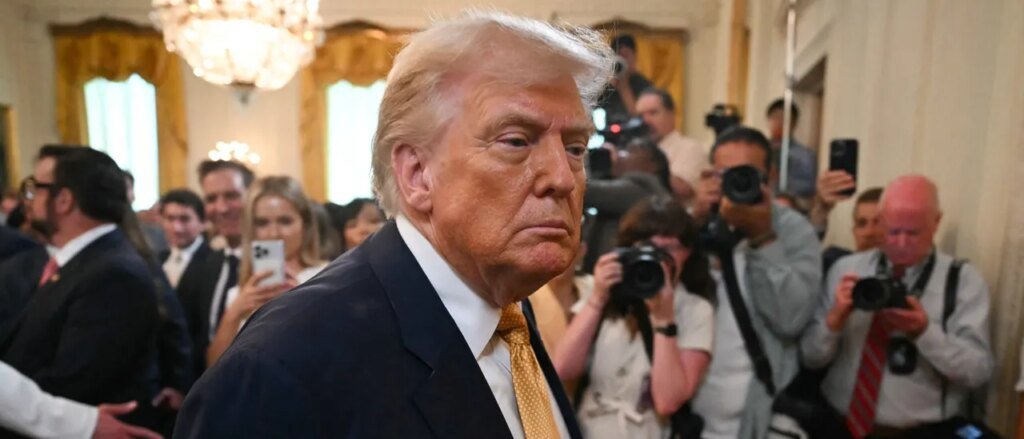Trump’s Action on Fentanyl Trafficking
On Wednesday, President Donald Trump announced a plan to eliminate new regulations and significantly increase penalties for those involved in fentanyl trafficking.
The recently passed fentanyl law will categorize all fentanyl analogs as Schedule I substances under federal law. This change will empower law enforcement to take action against dealers and traffickers of synthetic opioids. Trump signed this legislation during a ceremony at the White House, standing alongside family members who have lost loved ones to fentanyl overdoses.
“We’re going to get drug dealers, pushers, and peddlers off the streets. We won’t rest until we end the drug overdose crisis,” Trump stated. “It’s improving a bit, but it’s still alarming.”
The bill garnered bipartisan support, firmly classifying all fentanyl-like compounds as some of the most dangerous controlled substances. This action aims to address chemical variants that cartels have previously exploited to evade restrictions.
Introduced in January, the first stop fentanyl bill includes measures to streamline research on Schedule I substances. New provisions will enable multisite registration, eliminate specific tests, and facilitate limited production without needing an additional license. This change is designed to enhance researchers’ ability to study fentanyl-related compounds more effectively.
Trump has consistently taken a hard line against fentanyl, urging Canada, Mexico, and China to take steps to mitigate the issue through tariffs and public warnings. He has specifically criticized Mexico and Canada for their roles in allowing drugs to cross the southern border. Recently, he announced a 35% tariff on Canadian goods starting August 1, citing its involvement in fentanyl trafficking as a national security threat.
In addition to these measures, Trump has secured trade agreements with the UK and Vietnam and reached a temporary deal with China. Recently, he has also cautioned major partners like Korea and Japan about potential new tariffs, which could include increases of up to 50%.
















